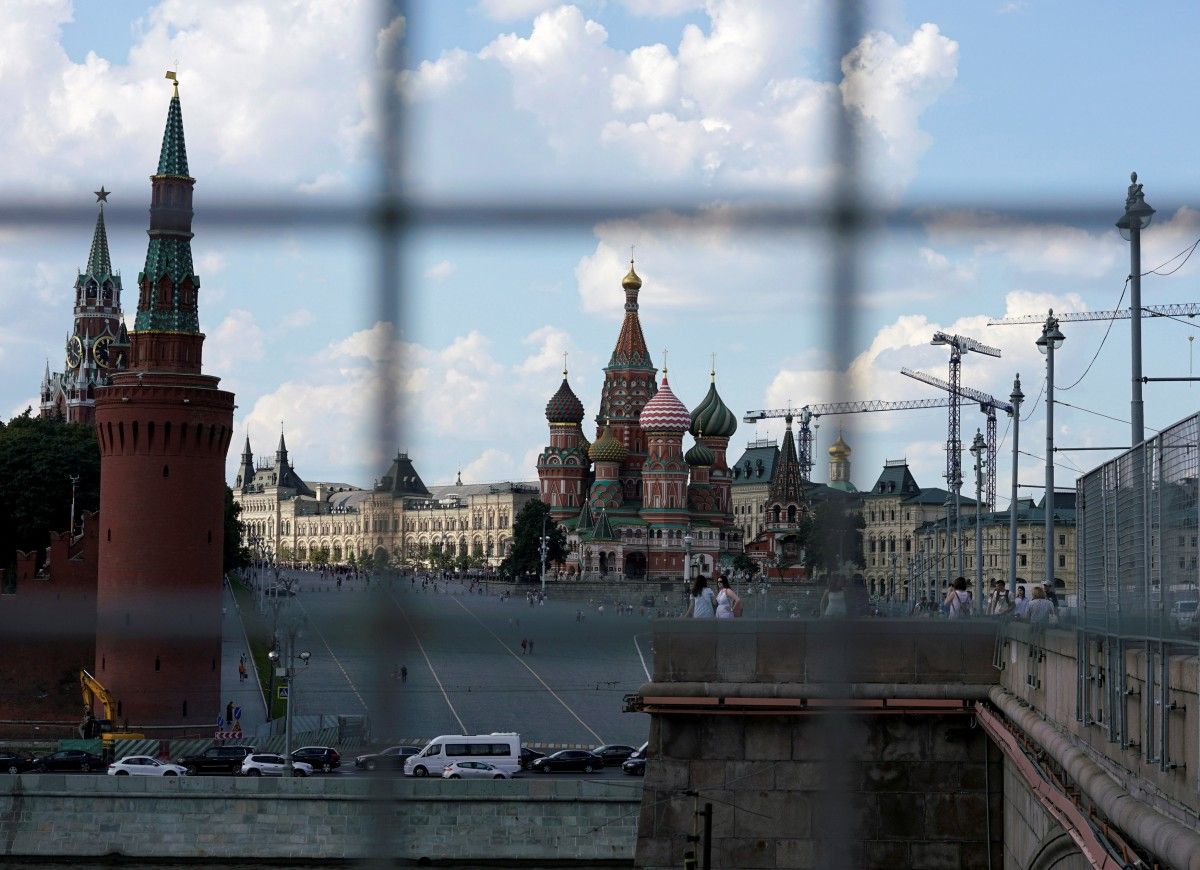
The National Bureau of Economic Research says in a paper being published this month that the top 1 percent of Russians now hold up to 25 percent of the country's wealth, a function of capital flight that has accelerated in recent years, RFE/RL wrote.
"There is as much financial wealth held by rich Russians abroad – in the United Kingdom, Switzerland, Cyprus, and similar offshore centers – than held by the entire Russian population in Russia itself," the report says.
Wealth stashed outside the country by rich Russians is now around three times larger than official net foreign reserves, it says.
The concentration of income for the top 1 percent of Russians is now comparable to similar levels in the United States, the report says, and well above France.
The report's authors, which include famed economist Thomas Piketty, say they used national accounts, surveys, wealth rankings, and tax data, including recently released tax data on high-income taxpayers, to compile the report, and say existing official surveys likely understate the degree of inequality.
Read alsoMajor bank in occupied Crimea recognized insolventThe bureau, also known as NBER, is a private U.S. research group known as the official arbiter of U.S. economic cycles – expansions and recessions – as well as being home to many award-winning economists and researchers.
Russia's income inequality, the report says, was markedly different from other former communist countries, as well as nations like China – a function, it says, of how Russia made the transition to a market economy following the Soviet collapse in 1991.
After the turbulent 1990s, which included the crash of the Russian ruble in 1998, the country's economy stabilized in the early 2000s and then accelerated largely by high global oil prices. Since the global recession in 2008, however, Russia's economy has seen more modest growth, hobbled by low oil prices, as well as Western economic sanctions imposed following Moscow's annexation of Ukraine's Crimean Peninsula in 2014. Gross domestic product is running at a meager 0.5 percent this year and is forecast to grow 1.4 percent in 2017 and 2018. Official inflation is around 4.4 percent. this year.
The report argues that the "dramatic failure of Soviet communism and egalitarian ideology" in part paved the way for Russian willingness to tolerate high-income inequality and the concentration of private wealth in the hands of a relative few.
"In effect, extreme inequality seems acceptable in Russia, as long as billionaires and oligarchs appear to be loyal to the Russian state and perceived national interests," the paper finds. "Whether this fragile equilibrium will persist in the coming years and decades remains to be seen."

